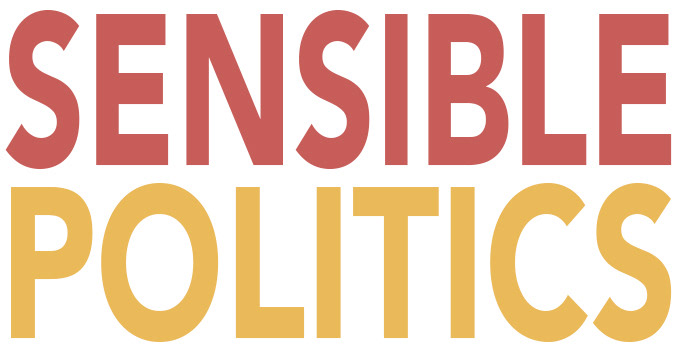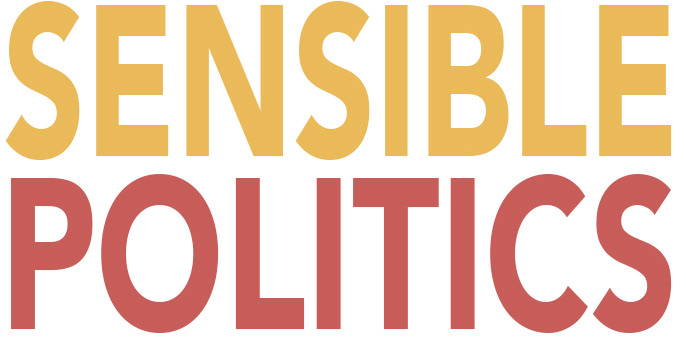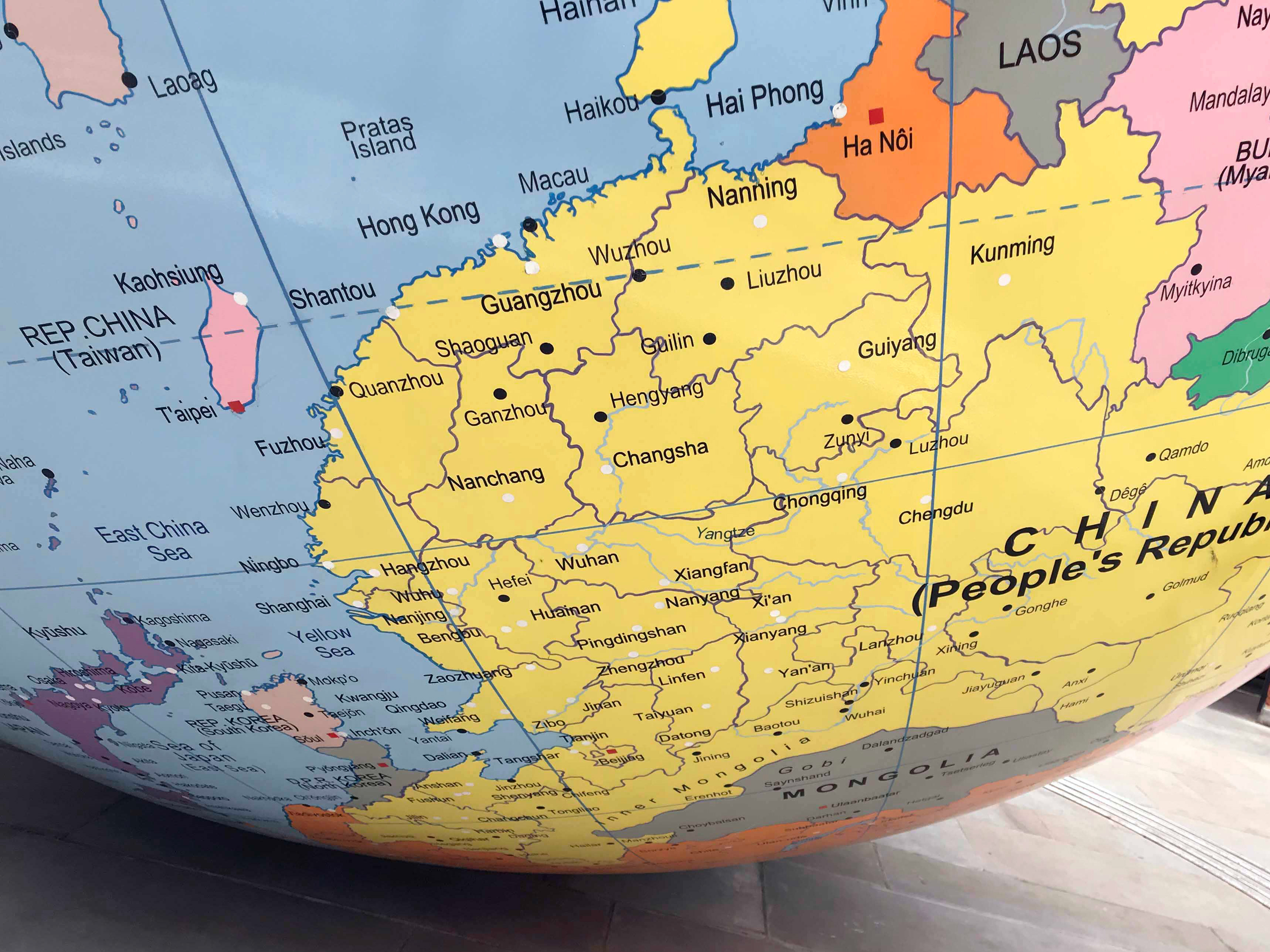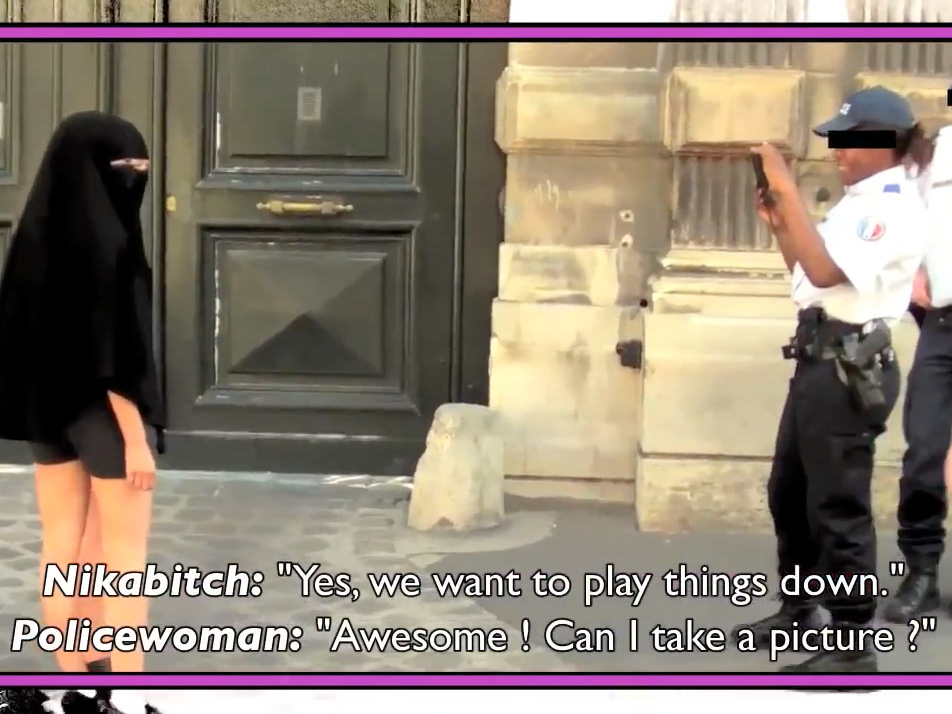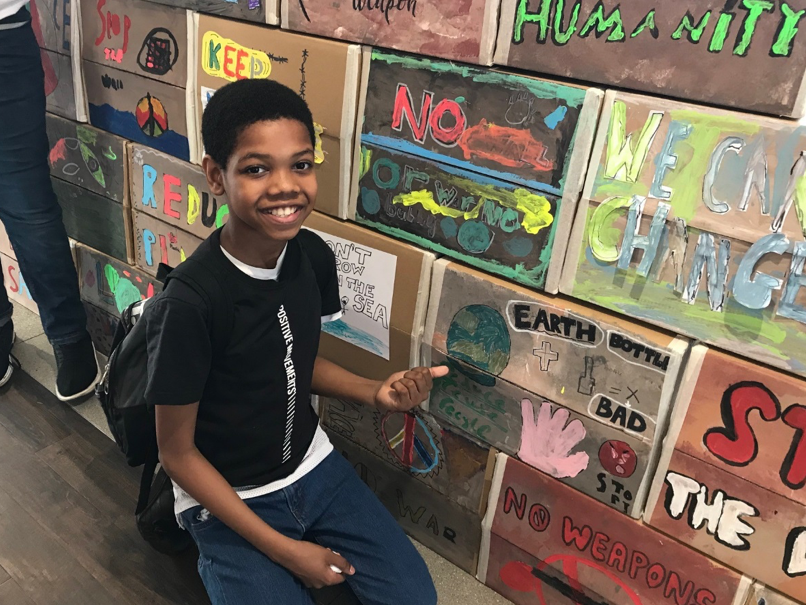Visual images are everywhere in international politics, but how are we to understand them?
Visual International Politics (VIP) has conceptual, empirical, and practical objectives.
VIP's Lectures examine how the meaning of the visual is socially constructed by exploring semiotic, poststructural, and postcolonial approaches to “reading” iconic images from a wide range of empirical sources: wars, humanitarian crises, global social movements, and alternative world orders.
The Seminars show how the “visual constructs the social” through in-depth, hands-on practical training in planning, shooting, and editing a 10-minute documentary film. We use political ethnography and filmmaking techniques to explore the rich experiences of people in Global London.
VIP class at Tate Modern Gallery, October 2019
VIP has its own Vimeo channel. These short films explore fascinating issues that are often informed by students' own personal experience: the Hong Kong protests, compassion fatigue, imperial architecture, how to get elected to parliament as a woman, what it’s like to wear a veil in London, and what does Chinese New Year mean.
Victoria, Olivia, and Jad win Best Film award (2020)
Miles Away, a film about the 2019 Hong Kong protests by VIP students won the Best Film award at the LSE Festival (2020).
Bill Callahan (centre) and Darren Moon (centre right) with students at VIP film festival, LSE, December 2019
Teaching Innovation Award for VIP in 2016
Nominated in 2020, 2015, 2014
Syllabus
Visual International Politics: BSc Final Year course (co-taught with Darren Moon)
12 x 2.5-hour seminars = 30 hours
1 x 3-hour seminar (last seminar to show films) = 3 hours
7 x 1-hour lectures = 7
40 hours = Total contact time
Lectures and seminars
Week 1
Monday: Seminar 1: Introduction to course: Silent movies and narrative construction
Weds: Lecture 1: The Visual Politics of War
Friday: Seminar 2: Pitch film ideas, choose filmmaking teams
Week 2
Monday: Seminar 3: Further Narrative Construction and Observational Film Techniques
Weds: Lecture 2: Film Grammar
Friday: Seminar 4: Practical Production Basics, Interviewing Techniques
Week 3
Monday: Seminar 5: Editing Basics
Weds: Lecture 3: Genres, Methods & Ethics of Visual Research
Friday: Seminar 6: Advanced Editing
Week 4
Monday: Seminar 7: How to “read” a movie: Feature film viewing and analysis
Weds: Lecture 4: Semiotics
Week 5
Monday: Seminar 8: Museum visit
Weds: Lecture 5: Hermeneutics
Week 6: Reading Week
Week 7
Monday: Seminar 9: Workshop for Rough edits
Weds Lecture 6: Postcolonial methods
Week 8
Monday: Seminar 10: Rough edit feedback from students and staff
Weds: Lecture 7: Feminist methods
Week 9
Seminar 11: Workshop for films and essays: Feedback from faculty and fellow-students
Week 10
Wednesday: Seminar 12: Films Due!
Week 11
Monday: Seminar 13: Film festival: for screening and feedback
